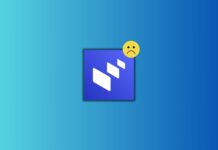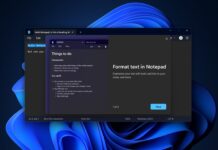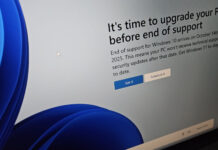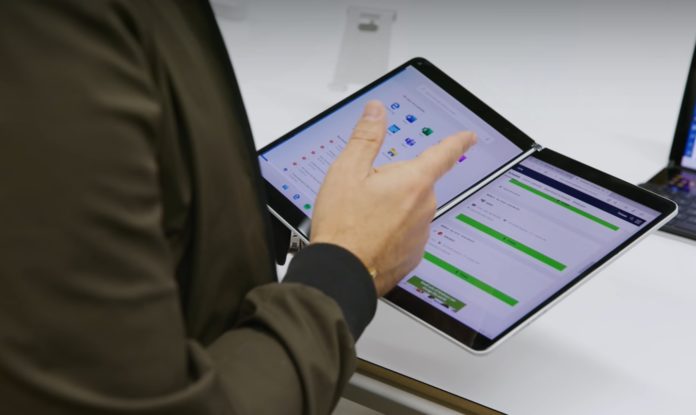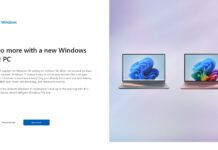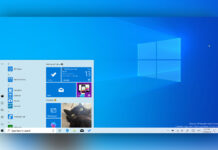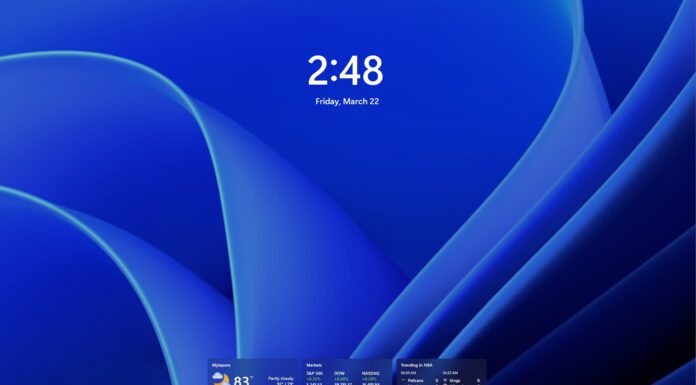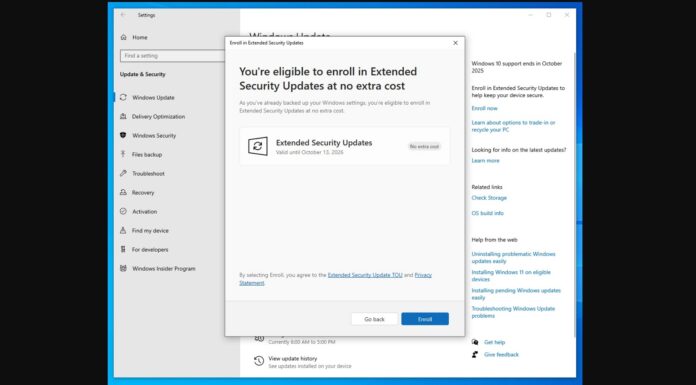On October 2, Microsoft announced Windows 10X for dual-screen and folding devices like Surface Neo. According to Microsoft, the OS is based on Windows 10 and it comes with a series of user-interface changes, including a new Start that offers less cluttered experience.
Windows 10X is a new expression of Windows 10, which explains the naming scheme and it comes with an updated UI that would adapt to this new product category. One of the biggest design changes in Windows 10X is the Start menu, which has been substantially redesigned to focus more on productivity and apps.
As you can see in the screenshot below, Windows 10 Start menu now looks more like an app launcher or home screen. Like Microsoft Launcher for Android, the Start menu also provides access to apps, essential shortcuts and recommended files or programs.
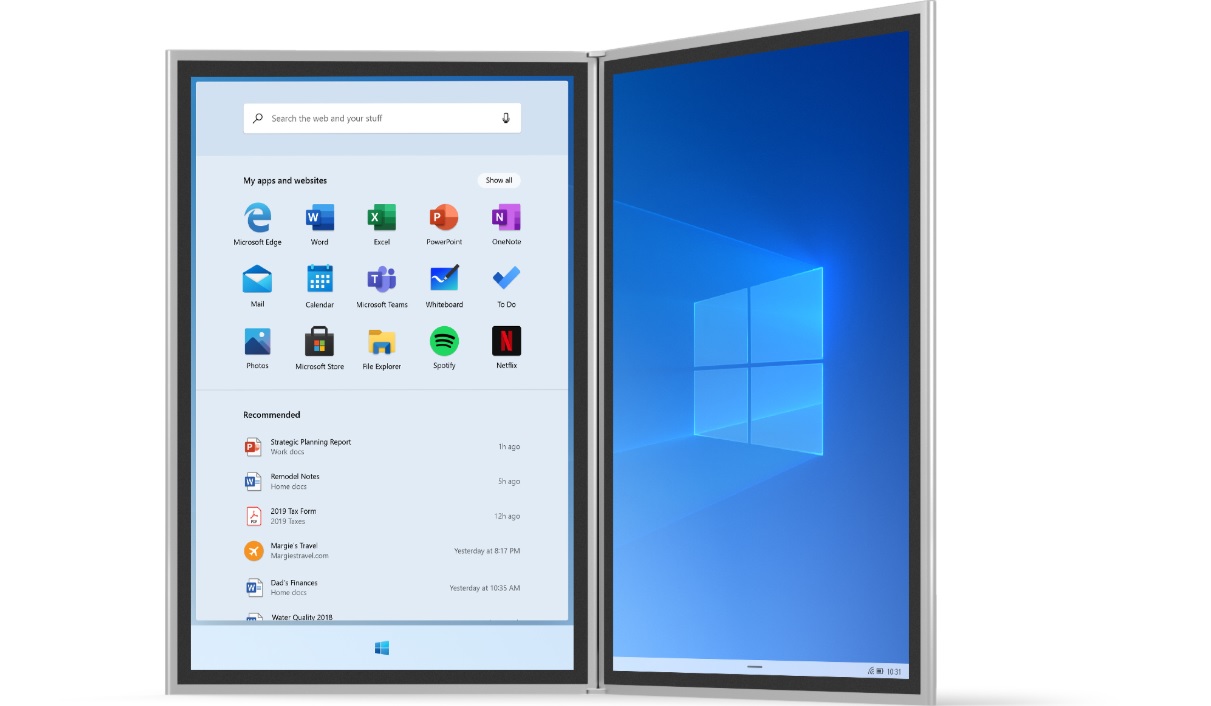
The recommendations are essentially the apps or files that Microsoft’s AI wants you to open and it is based on your activity. Right below the Start menu, a colourful and Fluent-based Start button is part of the taskbar-like area.
For the time being, the simplified Start menu has the following two sections:
- My apps and websites: It shows you the 15 apps and websites that you open frequently. It also includes a ‘show all’ link which should open the all apps list.
- Recommended: This section shows recently accessed and recommended files or programs. Microsoft might be using its AI technology to set recommendations based on user activity.
The Start menu would be slightly different on a traditional PC if Microsoft ever ports Windows 10X’s UI improvements to the traditional Windows operating system.



